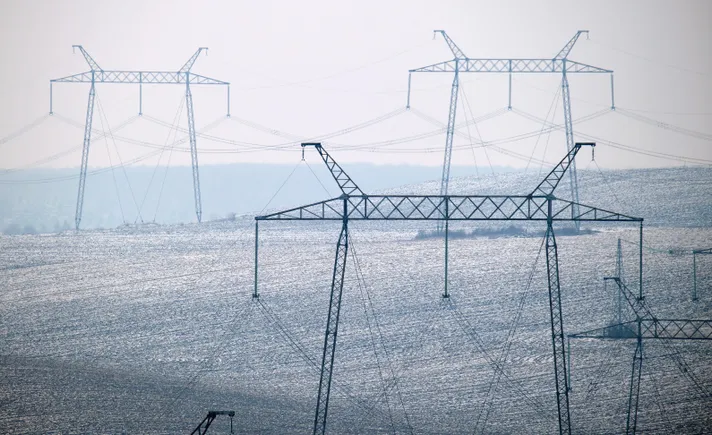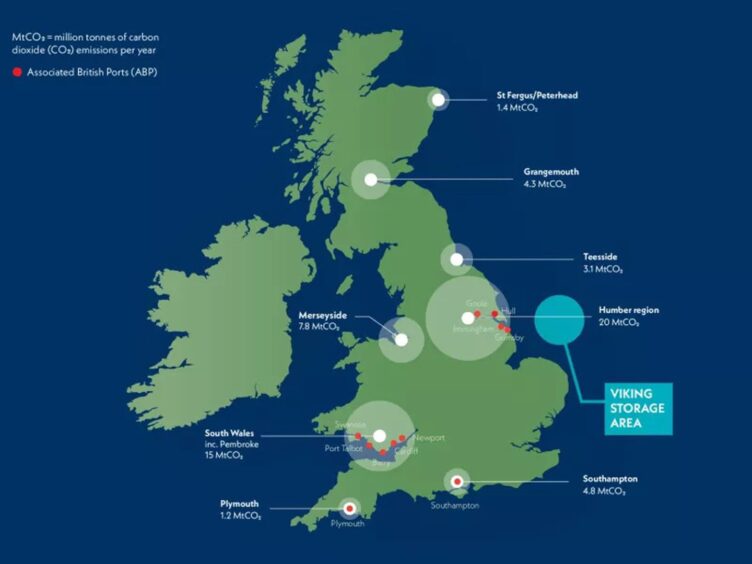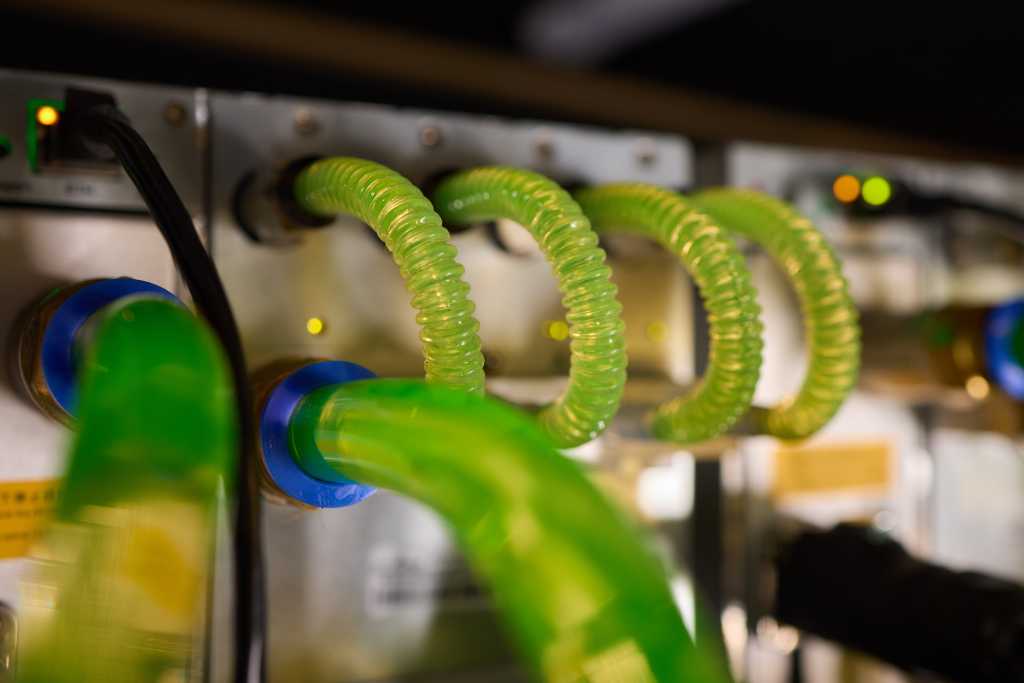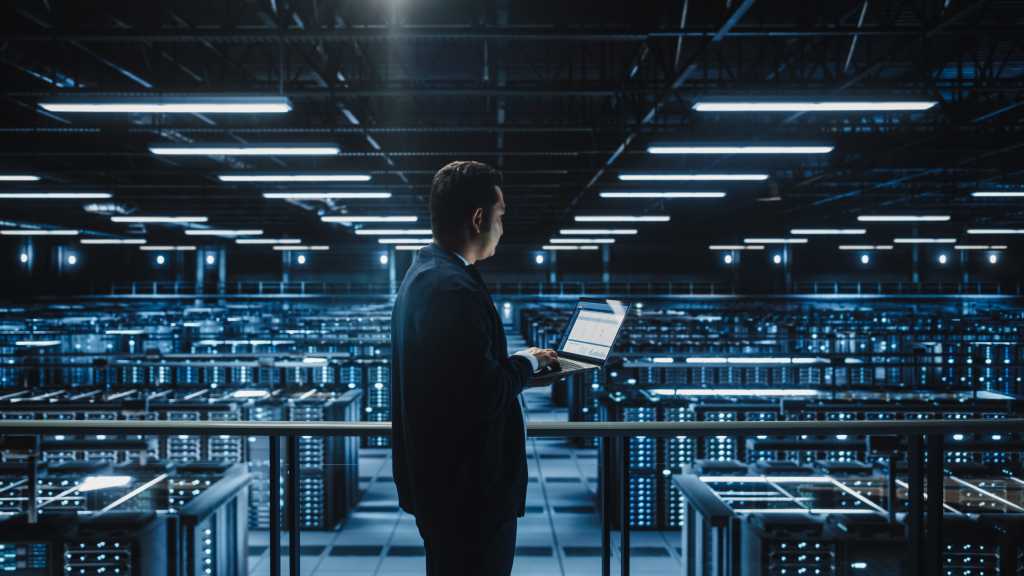Fischbein agrees 100% with his colleague’s analysis and adds that education and training can help prevent such incidents from occurring. “Simulating such a blackout is impossible, it has never been done,” he acknowledges, but he is committed to strengthening personal and team training and risk awareness. Increased defense and cybersecurity budgets In 2025, industry watchers expect there will be an increase in the public budget allocated to defense. In Spain, one-third of the budget will be allocated to increasing cybersecurity. But for Fischbein, training teams is much more important than the budget. “The challenge is to distribute the budget in a way that can be managed,” he notes, and to leverage intuitive and easy-to-use platforms, so that organizations don’t have to invest all the money in training. “When you have information, management, users, devices, mobiles, data centers, clouds, cameras, printers… the security challenge is very complex. You have to look for a security platform that makes things easier, faster, and simpler,” he says. ” Today there are excellent tools that can stop all kinds of attacks.” “Since 2010, there have been cybersecurity systems, also from Check Point, that help prevent this type of incident from happening, but I’m not sure that [Spain’s electricity blackout] was a cyberattack.” Leading the way in email security According to Gartner’s Magic Quadrant, Check Point is the leader in email security platforms. Today email is still responsible for 88% of all malicious file distributions. Attacks that, as Fischbein explains, enter through phishing, spam, SMS, or QR codes. “There are two challenges: to stop the threats and not to disturb, because if the security tool is a nuisance it causes more harm than good. It is very important that the solution does not annoy [users],” he stresses. “As almost all attacks enter via e-mail, it is























